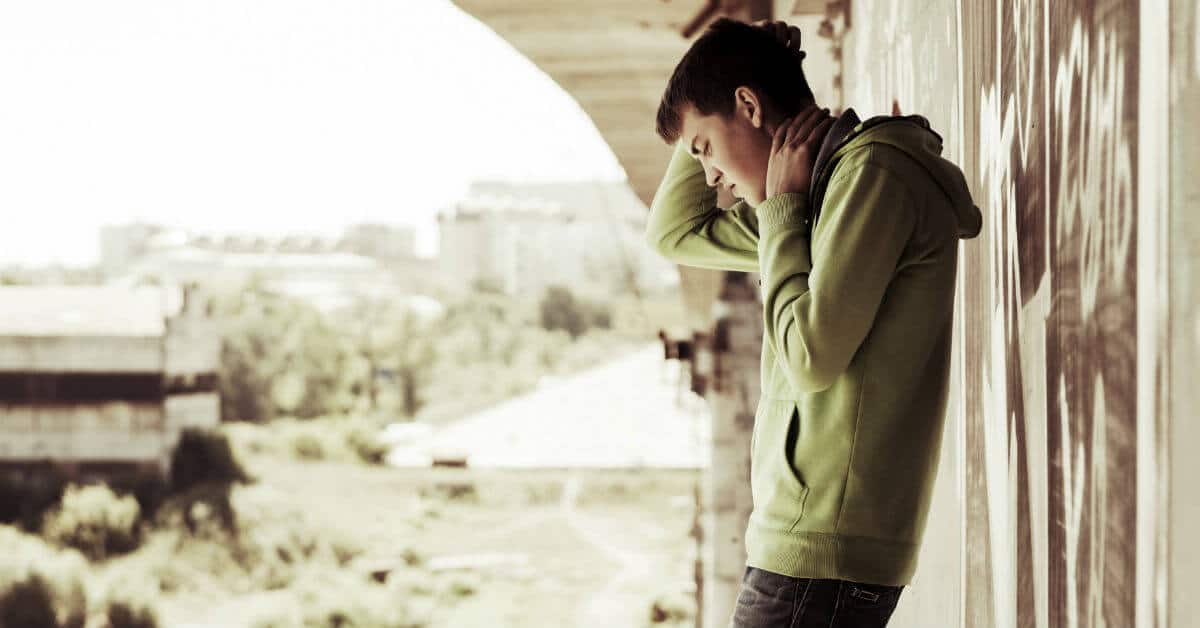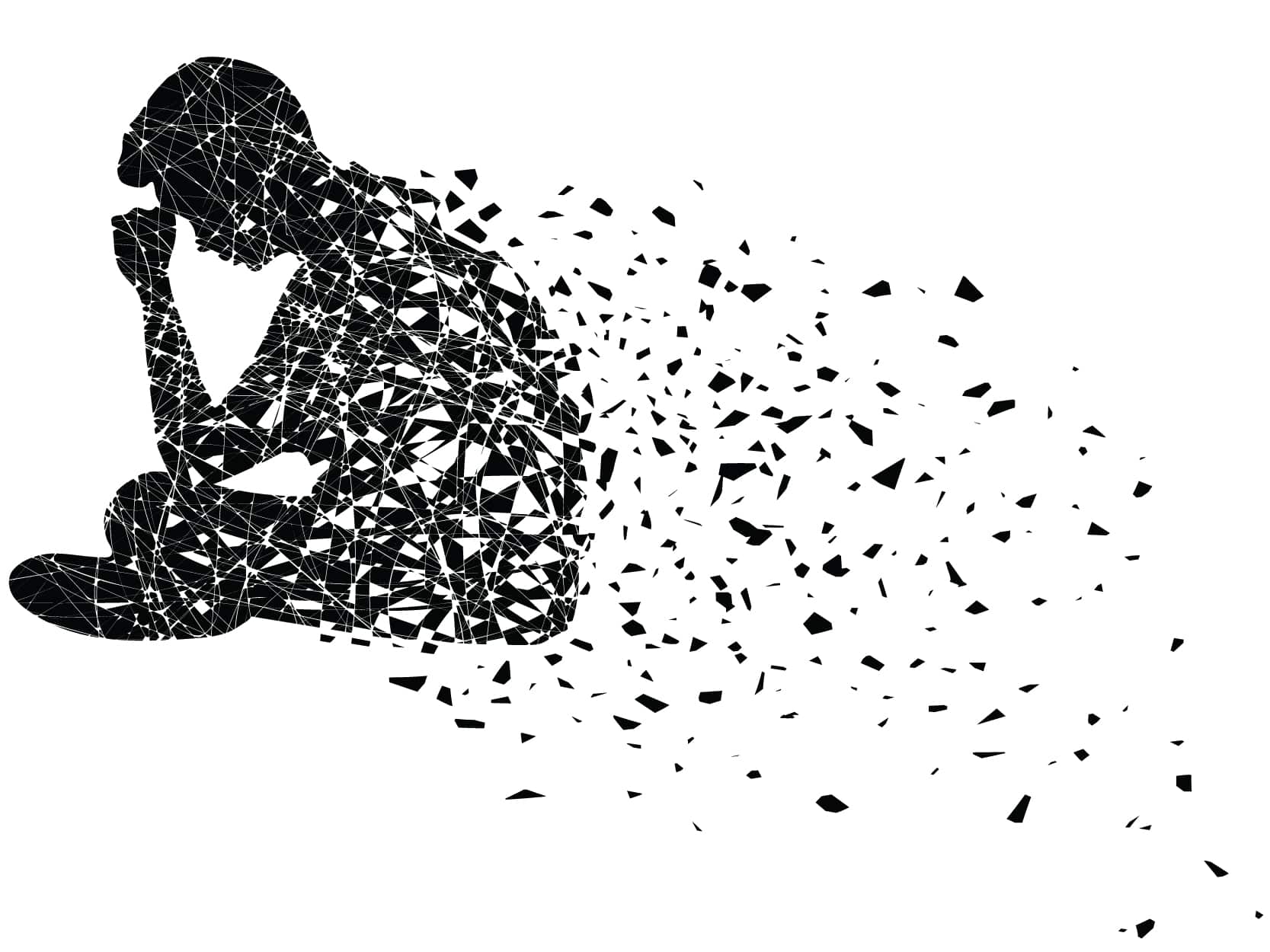Boys are just different. That is not a negative or derogatory statement. It is a fact, boys are physiologically and chemically hard-wired to learn differently than girls. For teens without behavioral issues, these differences can be easily accounted for at home and in the classroom. However, should the boy move to the troubled teen arena these physiological and chemical differences are some of the best weapons you have to make sure they learn to handle their behavioral issues.
A Picture Is Worth 1000 Words
Advanced imaging technology has allowed researchers to discover how boys brains are built differently. The male brain functions in and through space. It is why boys fidget and seem inattentive. It may even account for boys being diagnosed with learning and/or behavior disorders about twice as often as girls. As researchers viewed the brain scans of boys they found the reason is the cortical areas of the male brain are far more active and responsive than the female brain. The teenage boy brain also produces less serotonin and oxytocin than the teen girl brain. These chemicals are responsible for the feelings of connectedness and attachment. When boys seem aloof, it is because they have less capacity to bond. This is not bad. But, it is how they are built.
The Biology of Treating A Teen Boy
When a teen boy begins to misbehave, understanding these differences is important when looking for the right type of therapeutic treatment. Boys are likely to fail with talk therapy simply because they physically cannot bond with the counselor, access their emotions, or communicate in the way a girl would. Boys need the type of therapy that will allow them to physically move through their issues while respecting their emotions run deep and accessing them may feel uncomfortable. For example, an equine therapy program would be highly effective for boys because it gives them the movement their brains need to process their issues. However, one of the added benefits of equine therapy for troubled teen boys also includes the unique ability of horses to help boys access their emotions.
Parenting The Troubled Teen Boy
If you are a parent of a troubled teen boy, the most important thing you can do is find your son the right type of help. You have not failed your son. In fact, the only way you fail your son is by doing nothing or hoping he will just get over or grow out of it. Many of the differences in the male brain are lifelong differences. If your son is troubled, giving him every opportunity to learn how to manage his issues is the best thing you can do for the man you hope he will be some day.











0 Comments